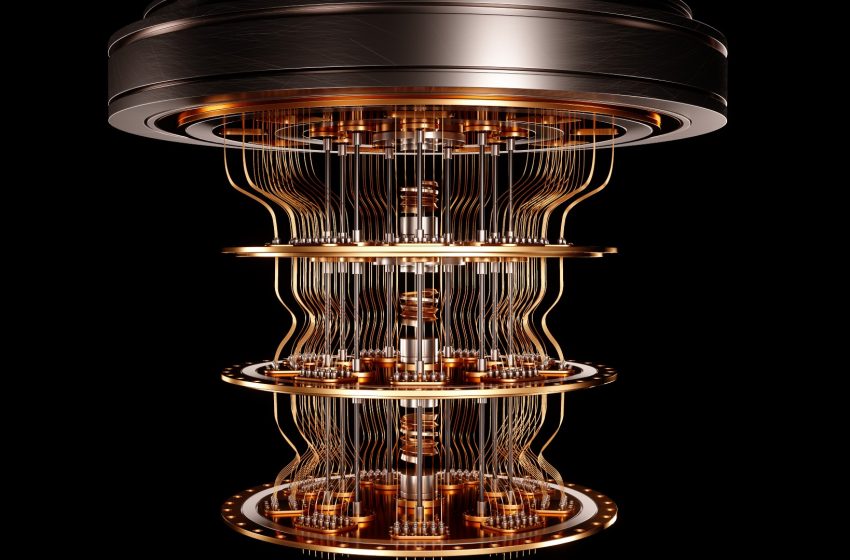Quantum Computing : The What and The How

Quantum computing is a new and exciting field of computing that is in development. It promises to be exceptionally faster than conventional computers, giving the ability to perform computations several orders of magnitudes faster than the fastest supercomputers in the world.
How do they work?
Quantum computing is fundamentally different from classical computing. Classical computers operate using binary bits and these bits store and process information in ones and zeroes. A bit can only be either 1 or 0 and nothing else. Quantum computers however use something called a quantum bit or qubit. These qubits have not two but three states, it can be 1 or 0, just like bits, but it also can exist as 1 And 0 simultaneously. This is achieved by using quantum states such as superposition or entanglement. Quantum computing was first conceived in 1980 by physicist Paul Benioff. Most quantum computers use superconducting materials, materials with zero resistance to electric current at low temperatures, and they operate at temperatures close to absolute zero in order to maintain these quantum states, as the qubits would suffer from phenomena such as quantum decoherence. They also rely on Quantum algorithms, such as Shor’s Algorithm to achieve there high speeds. That, in a nutshell, is how quantum computers work. Going any deeper into the workings of them would probably require you to have a degree in physics and a through understanding of quantum mechanics.

Now don’t get me wrong, any problem that can be solved in a classical computer can also be solved in a quantum computer and any problem that can be solved in a quantum computer can be, theoretically with enough time, solved in a classical computer. However quantum computers can solve some problems extraordinarily faster than a classical computer. They can solve certain problems that a classical computer cannot solve in a reasonable amount of time, this is known as Quantum Supremacy. Recently Google was reported to have achieved quantum supremacy via its Sycamore processor and has said to have done calculations more than 3,000,000 faster than IBM’s Summit supercomputer, which is regarded to be one of the fastest supercomputers in the world.
[the_ad id=”2707″]
How fast are Quantum Computers?
Computational power is generally measured in FLOPS, Floating Point Operations per Second. More FLOPS = More performance. So let’s do a comparison. Sony’s PlayStation 5 has 10.28 TFLOPS( teraFLOPS) of power, the Xbox Series X can generate 12 TFLOPS. The Summit super computer can go up to 200 petaFLOPS, or 204,800 TFLOPS or in other words, approximately 17,100 Xbox Series X consoles working at maximum efficiency and peak performance. Quantum computers with a sufficient amount of qubits promise to be millions of times faster than supercomputers. So yes, they are fast.
[the_ad id=”2716″]
Quantum computing is currently in its infancy and fault tolerant quantum computers are still a way off. But quantum computing is developing faster than classical computing ever did and it is quite possible that we might see much efficient quantum computers, which would help us solve a lot of complex scientific and mathematical problems in the coming years.
References:
Google Claims Quantum Computing Achievement, IBM Says Not So Fast | PCMag



